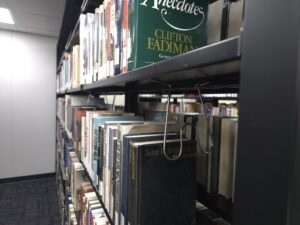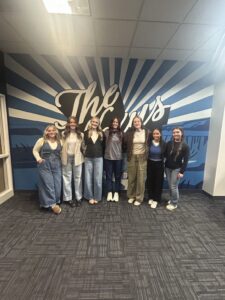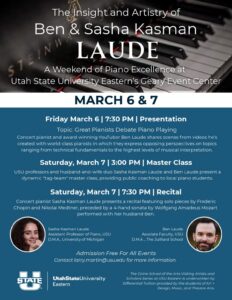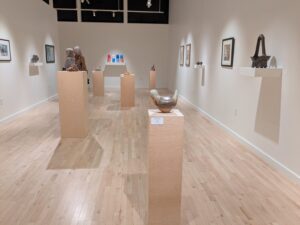A Kenyan study: journey is in the eye of the beholder
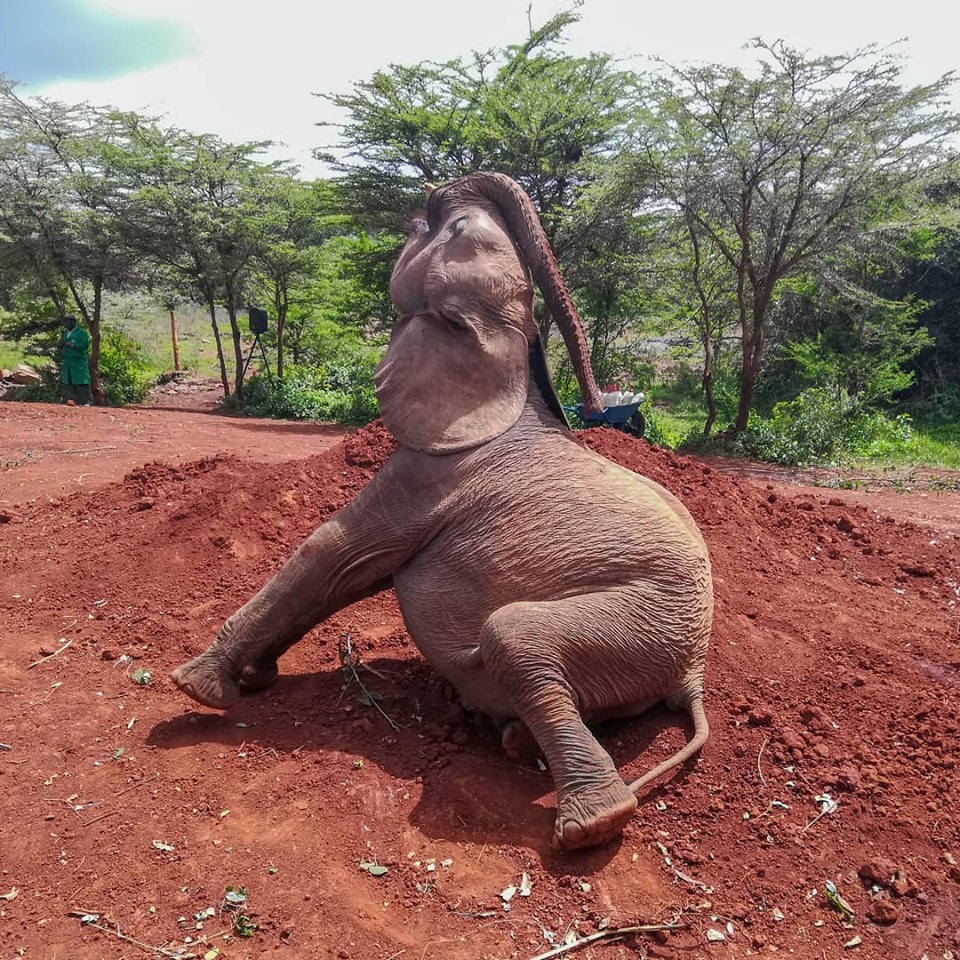
They say the journey is in the eye of the beholder. Starting at the beginning of the 2018-19 academic year, I was convinced to join a study abroad opportunity to Kenya.
For several months, after paying off my program and saving about $800, I was in line to board a plane. I have yet to tell you, it was my first time flying. I went from Salt Lake City to Seattle, Seattle to London and from London to Nairobi.
The night was cool. We arrived at 11 p.m. The baggage claim was a time to realize that we, a group of 25 people, were in Kenya and this was going to be family for the next 15 days.
The first thing we were told was we had to carry our bags close to our bodies and never – I mean never – give our bags to anyone. This was for the fact that people waited for travelers to get off the plane and would want to get paid an insane amount of money or shillings to carry a bag that weighted about 40 pounds to a bus waiting for us.
We made it, the bus filled up with bags on each of our laps and the driver introduced himself as Ezekiel. He started the bus and began to drive, we drove for 40 minutes before we arrived at the hotel that we would stay for the next few nights. As we settled into our rooms, I met a Price-campus attendee, Austyn G. He said he was excited to be there and he attends the Utah State University Eastern campus while I told him I attended USU Blanding. I was tired after sleeping five hours before we woke to eat a Kenyan breakfast consisting of pancakes, eggs, sausage and a glass of juice.
We spent the day at an elephant sanctuary that helped orphaned elephants. Their parents died or were they abandoned due to droughts, food displacements and/or poachers. The days were cool and filled with Price-type weather. By the time we were done with the Elephant Sanctuary, we headed to a restaurant with an all-you-can-eat serving buffet of meat since this was the last time we would eat a good meat at the lodge.
As a family, we ate meat from wildebeest, ostrich, crocodile and common meats like beef, pork, lamb, and chicken. When we were done, we took a step back in time as we traveled to the private hospital that assisted up to 10,000 patients daily from small to large injuries. They had a blood research labs, surgery rooms, a pharmacy and places that patients could stay.
This trip was unique because I was raised in the states and through travel, I had the chance to see and hear what the Kenya world looked, smelled, felt and sounded like.
